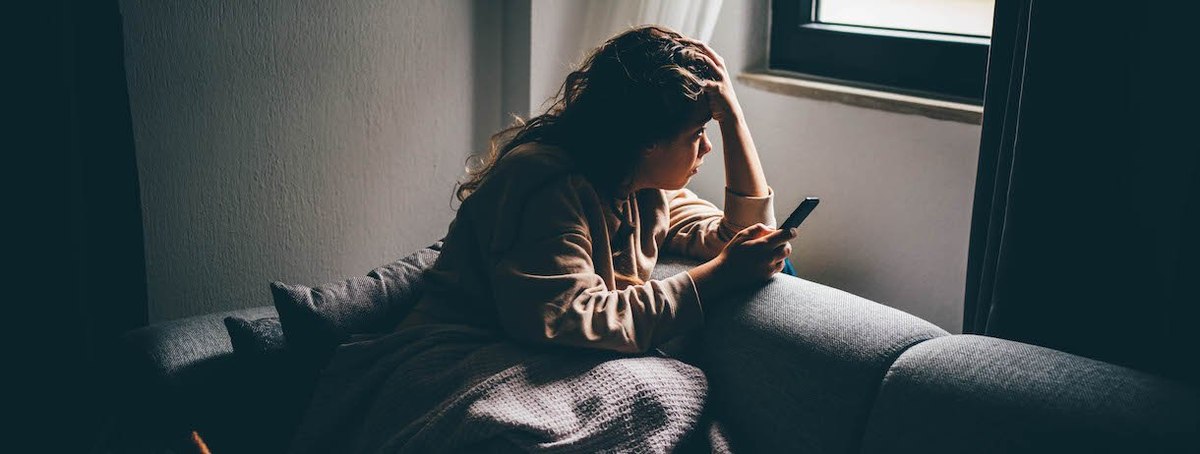One year ago, the U.S. government launched 988 — a new three-digit national suicide prevention hotline number, referred to as the Suicide and Crisis Lifeline. A new survey conducted by YouGov finds that most Americans have not heard about the 988 hotline, and very few are able to recall the number when prompted. While a majority say they would be very or somewhat likely to contact 988 in the event of a mental health crisis, some have concerns — including the involvement of police or that a person may be charged for services they can't afford.
While the vast majority of Americans (92%) are able to accurately enter the number for local emergency services — 911 — our survey finds that far fewer (14%) can provide 988 as the number for the Suicide and Crisis lifeline. Fewer than half of Americans have heard about 988, with 7% saying they've heard a lot about it and 38% saying they've heard a little. Younger adults are more likely than older people to say they've heard about the 988 hotline.
More than half of Americans (56%) say they've ever contacted 911; just 8% say they've contacted 988. However, after being told what 988 is, most people say they would be either very (38%) or somewhat (29%) likely to reach out to 988 if they or someone they knew was suicidal or experiencing a mental health crisis. So far, 988 hasn't won over a critical population: Americans with worse levels of self-reported mental health are less likely to say they'd consider contacting the number: While 41% of people who say their mental health is good, very good, or excellent say they'd be very likely to contact 988 in the event of a mental health emergency, just 28% of people who say their mental health is either fair, poor, or very poor say the same. (The survey didn't follow up to ask what people in a crisis who were unlikely to call 988 would do instead, and it's possible that people who self-report worse mental health are more likely to know of other resources.)
What steps do Americans think 988 responders should take if they believe there is an imminent risk that someone will harm themselves? Most (58%) believe the person at risk should be connected to a crisis counselor and 44% say they should be referred to local mental health resources. Around one in three (35%) say the police should be sent and 24% say the person should be forced to go to a hospital.
What concerns Americans about contacting 988? Each of the following would be a concern at least one in four might have in the event that they or someone they knew were suicidal or experiencing a mental health crisis: the person in crisis would be charged for services they can't afford (35%), law enforcement would be sent (33%), 988 responders wouldn't be able to handle the issue (32%), the person would be forced to go to the hospital (29%), the communication would not remain private (27%), and the person would be sent to jail (25%). People with worse self-reported mental health are significantly more likely to have each of these concerns about contacting 988, relative to those with better mental health.
See the results for this YouGov poll
Methodology: This poll was conducted online on June 26 - 29, 2023 among 1,000 U.S. adult citizens. Respondents were selected from YouGov’s opt-in panel using sample matching. A random sample (stratified by gender, age, race, education, geographic region, and voter registration) was selected from the 2019 American Community Survey. The sample was weighted according to gender, age, race, education, 2020 election turnout and presidential vote, baseline party identification, and current voter registration status. Demographic weighting targets come from the 2019 American Community Survey. Baseline party identification is the respondent’s most recent answer given prior to March 15, 2022, and is weighted to the estimated distribution at that time (33% Democratic, 28% Republican). The margin of error for the overall sample is approximately 4%.
Image: Getty (Maria Korneeva)











